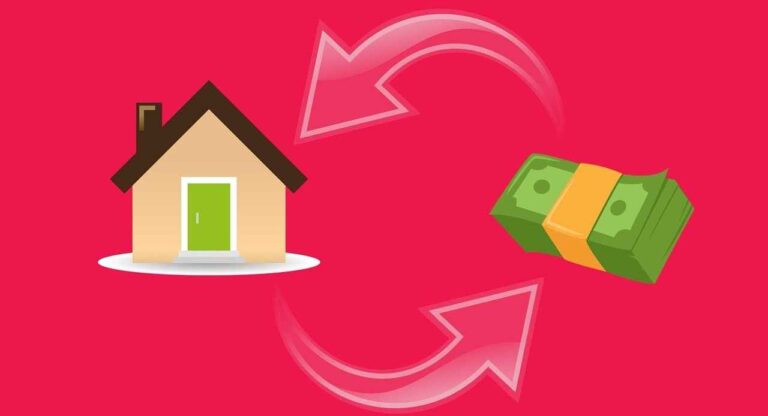If you’re an office worker planning to buy your dream home, you need to understand the eligibility criteria to qualify for a mortgage. Lenders use a variety of parameters to assess an office worker’s creditworthiness and determine mortgage eligibility. In this article Home Loan Eligibility Details for Office Workers.
Also read: How to Reduce Mortgage EMI?
What are the salaried eligibility criteria for mortgages?
Here are the general eligibility criteria that an office worker must meet when applying for a mortgage:
One useful tool to help estimate eligibility is Mortgage Eligibility Calculatorwhich takes into account your income, expenses, and other factors to estimate the loan amount you may be eligible for.
1) Age
Age is an important consideration in mortgage applications. Most lenders require the borrower to be between the ages of 21 and 60 or 65 when the loan matures.
However, age requirements may vary by lender, so it’s essential to check with your chosen lender.
2) Income
Your income is a factor that lenders consider when evaluating your eligibility for a mortgage. Lenders generally prefer applicants with a stable and regular source of income.
To demonstrate that your income is stable, you will need to provide proof of income such as payslips, bank statements, income tax returns (ITRs) for the past few years.
3) Work experience:
Lenders also consider work history when determining mortgage eligibility. Lenders choose borrowers with at least two to three years of work experience and a stable work history.
4) Credit Score:
A credit score is an important parameter used by lenders to assess creditworthiness. A good credit score indicates a good repayment history and a low chance of defaulting on your mortgage.
Most lenders choose applicants with a credit score of 750 or higher to approve a mortgage. However, credit score requirements can vary between lenders, so it’s important to check with your chosen lender.
5) Loan amount and EMI:
Loan amounts and monthly equal installments (EMI) vary based on income and other financial obligations.
Lenders generally follow a rule that EMI on all loans, including mortgages, should not exceed 40-50% of net monthly income.
6) Property value:
Lenders also consider the value of the property to be purchased when determining mortgage eligibility. Lenders typically lend up to 80-90% of the property value, and the borrower must arrange the remaining amount as a down payment.
Tax incentives for housing loans for salaried workers
Apart from the eligibility criteria, salaried workers also enjoy mortgage tax benefits, which can reduce their overall tax expenditure. Some of the tax incentives for home loans for salaried workers are listed below.
1) Mortgage interest is deductible:
You can charge up to Rs. Rs.2 million per annum as interest on home loan for personal property under section 24(b) of the Income Tax Act, 1961. For unowned or rented property, all interest is deductible with no cap.
Also read: Should I prepay my mortgage or start a SIP?
2) Mortgage principal deduction:
You can claim a deduction of up to Rs. 1.5 lakhs per annum as principal repayment for a mortgage under Section 80C of the Income Tax Act 1961; INR 1,500,000 for various other investments and expenses eligible for deduction under this section.
3) Shared Mortgage Benefits:
If you and a co-applicant have taken out a joint mortgage, you and the co-applicant may claim separate deductions for interest and principal repayments. This may be based on each person’s percentage of loan repayment, subject to the overall limits above.
summary
Understanding eligibility criteria and tax benefits before applying for a mortgage is essential to ensure a smooth approval process and optimize tax benefits.
In addition, salaried workers can also enjoy tax benefits related to mortgages, such as mortgage interest and principal repayment deductions and additional deductions for first-time homebuyers.



